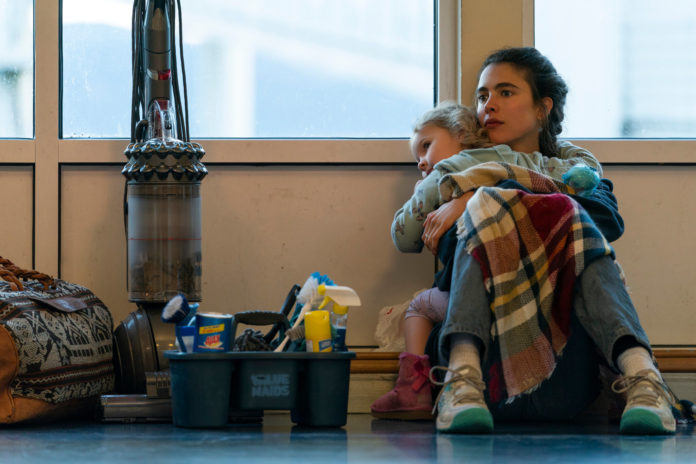Content Warning: This article mentions domestic violence
As someone who experienced years of chronic abuse, I often find it hard to watch a television show, movie or even short clip that depicts domestic violence too vividly.
Though I have not lived with my abuser for close to nine years, I still frequently experience harsh reactions to triggers. More often than not, I am unable to watch portrayals of physical violence without scrambling for the television remote.
I noticed that the media often solely focuses on the physical aspects of violence. They fail to account for the financial and emotional abuse that victims experience, the ambiguity of navigating the court system and other governmental supports and do not address the longevity of trauma. They often show the victim of abuse “rescued” by a man and they live happily ever after.
I’ve always hated these storylines because I find they do not represent the experience of myself or many other victims. Many victims fight their way through the court system and other forms of governmental support. Many victims experience a range of different types of abuse – not exclusively physical. Many victims are not “saved” – they save themselves. In my opinion, the media did not depict this story – until Maid.
Maid, a Netflix TV show adapted from a book written by Stephanie Land, became increasingly popular following its release on Oct. 1, 2021.
For anyone who has not watched it, the show follows a woman, Alex, who is in the midst of an abusive relationship.
As a survivor of abuse, I was not sure whether or not I should watch. After toying with the idea for over a month, I finally pressed play. Fast forward to a few months later when I had finished the show and book, and I can honestly say that Maid is one of the most accurate media depictions of abuse I have ever seen.
From the moment I first pressed play on this show, I felt understood. For the longest time, Alex doesn’t recognize that she’s being subjected to abuse. She denies the title of abuse victim immediately – insisting that is not what she is going through. I did the same thing.
I sat through countless appointments of professionals telling me that what I was experiencing was abuse before I ever believed it. We live in a judgmental society that often only recognizes the victims that come with ample proof of their abuse – and even then, they are not always believed.
Society tells us that financial manipulation and emotional intimidation does not constitute abuse. Victims are also told that physical abuse is only believable when you have a bruise to show for it. This leaves many individuals, such as Alex and myself, to live in denial about what they are experiencing. I think it is important for society to fully understand how detrimental abuse can be – regardless of the form it may take.
Even when Alex does share her experience of abuse with a handful of individuals, she isn’t believed. Some of her close family and friends dismiss her, assuring her that what she’s experiencing is normal.
When I first started telling people about my experience, the dismissal was detrimental to me. The first time I realized someone didn’t believe me, I felt like the wind was knocked out of my lungs. It’s hard to be vocal about the things we’ve been through when society protects the abusers of the world and stomps out the voices of survivors.
Alex perseveres and overcomes the various barriers that victims of intimate partner violence face including the judicial system, government assistance and stereotypes that are largely reinforced in society.
I think the words that resonated most with me, the ones that empowered me, were the ones that didn’t succumb to the abuser’s gaslighting. Something that Alex says in the show that hits close to home for me is, “I know what you did. I know that I have PTSD from it. And I know that you’ll never, ever, ever control me ever again.”

